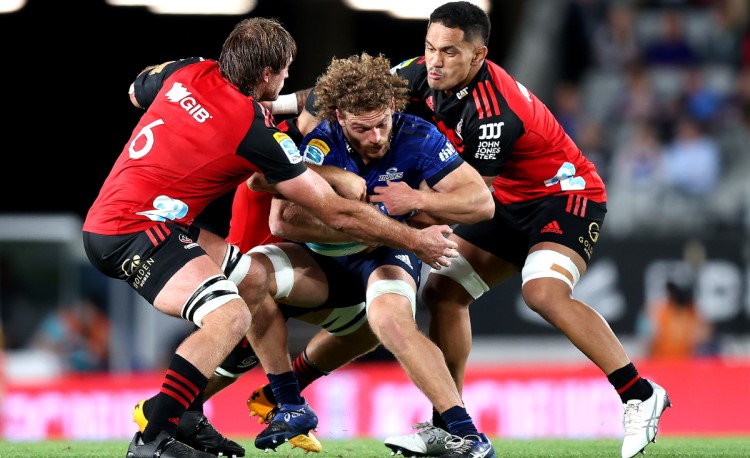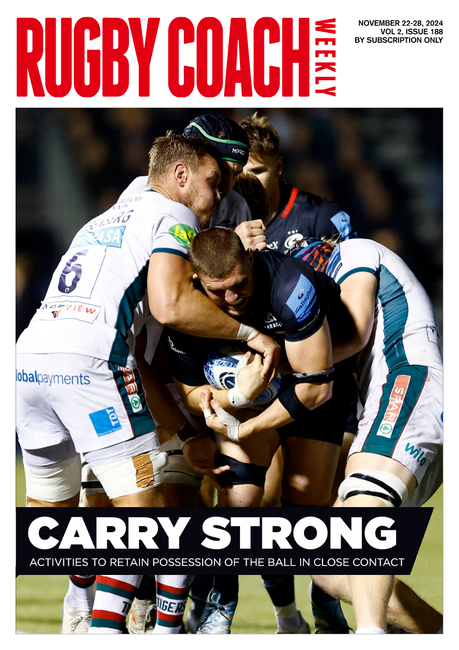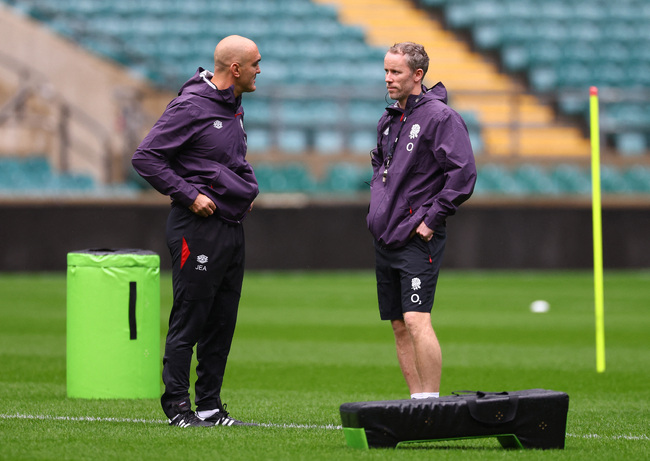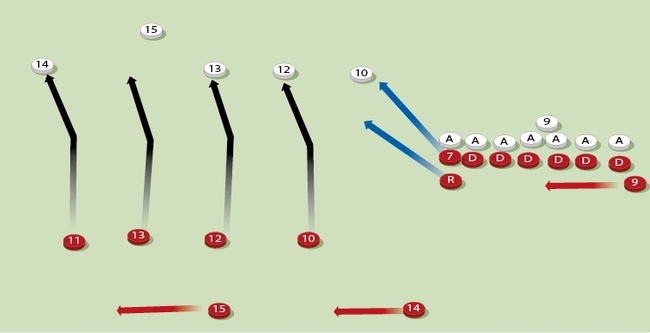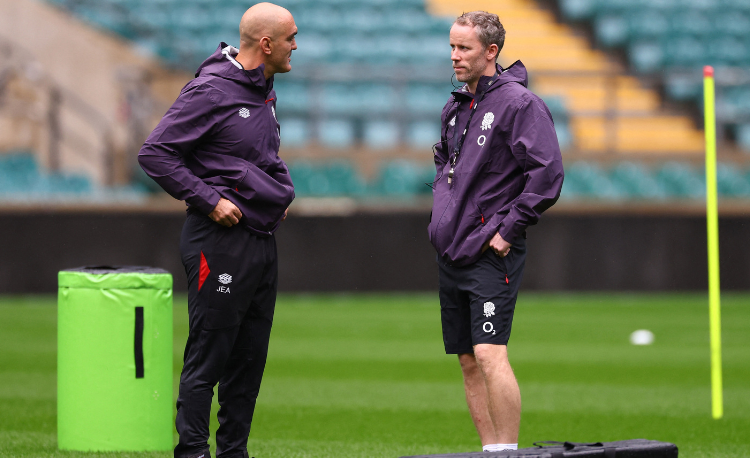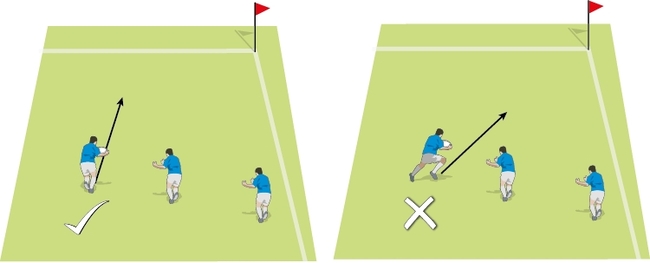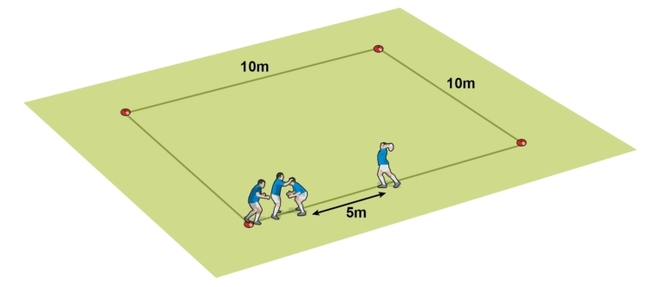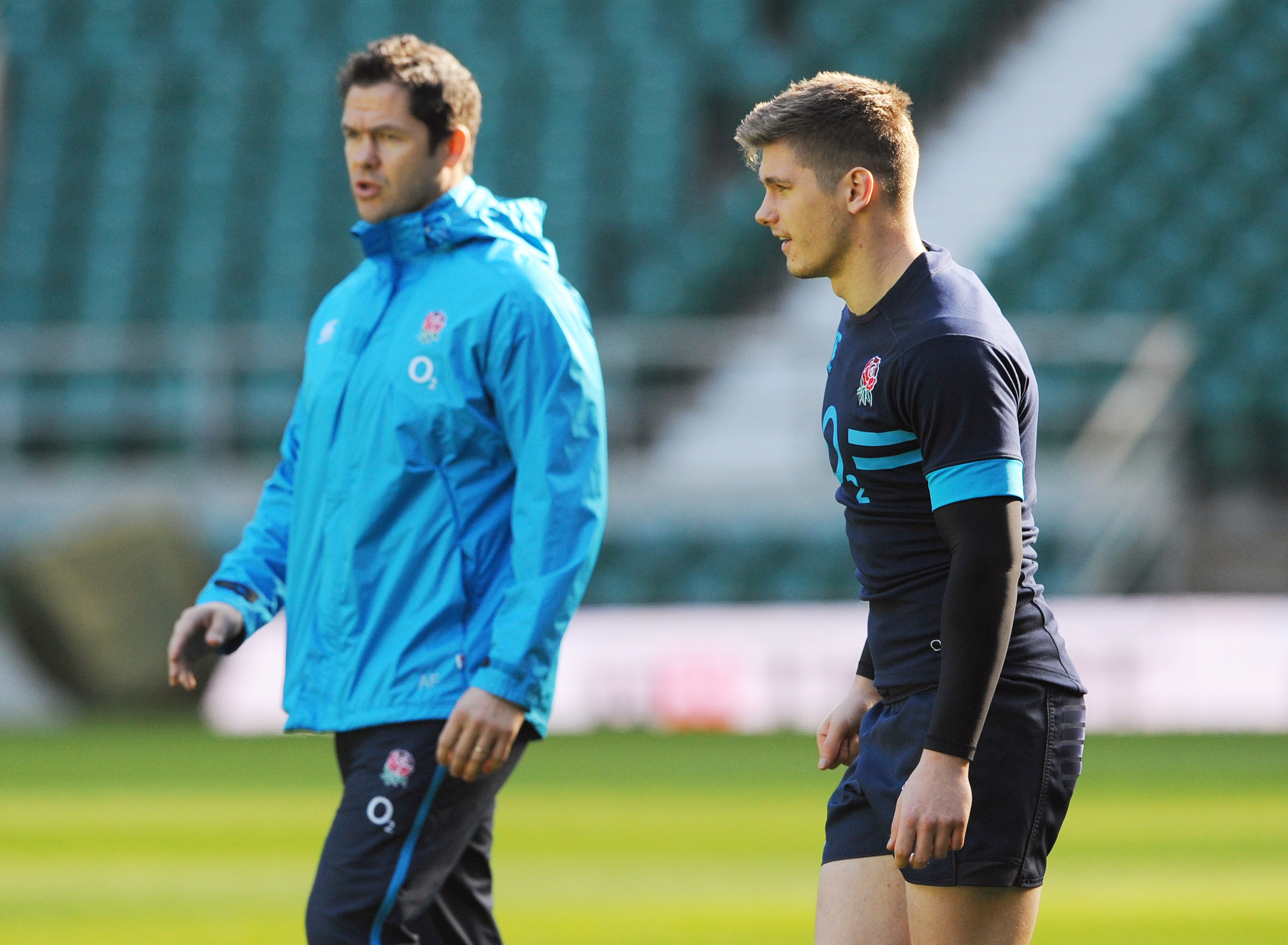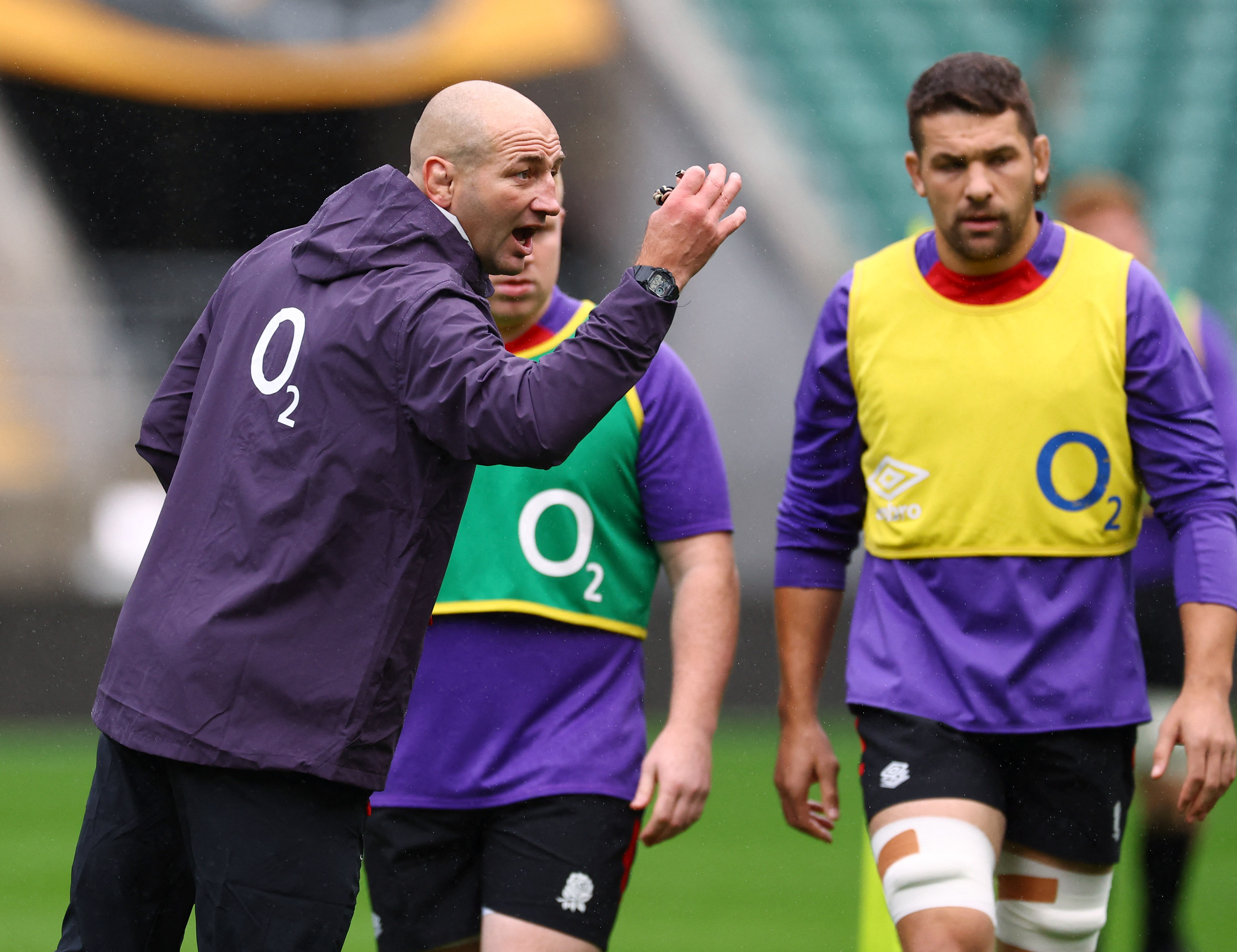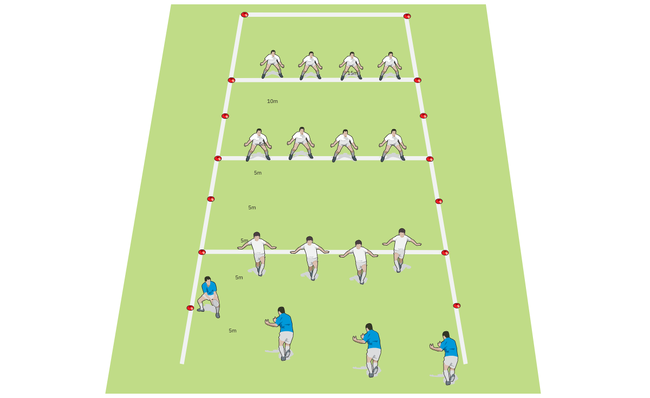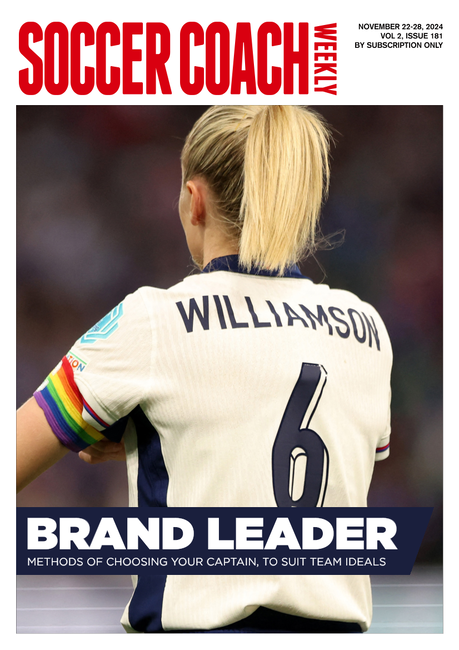Setting a theme can define your mission
Team manager SHANE FLETCHER explains how Muhammad Ali, Edmund Hillary and storms have helped Crusaders to win the last seven Super Rugby crowns.
’Theming’ has been part of the Crusaders set-up since the inception of Super Rugby back in 1996.
I have also used it in some of the team settings I’ve been involved in away from the hub.
You cannot just say, “Here is our theme”, and hope the players buy in. To be really powerful, you first need to understand how it fits your circumstances, and your team.
It starts with a definition: A theme is ’a conceptual relevance to the context’.
Let’s unpack that.
We need to understand our journey and what our purpose is. That is the context. The conceptual relevance is the story of that journey.
And like any story, it needs a timeframe, so that we understand the beginning, the middle and the end.
For a team like the Crusaders, that would be a campaign, which ends with the last game of the season.
The theme is then broken down into weekly missions, which are probably focused on a game.
For example, one year, we knew that the Blues (the Super franchise based in Auckland) loved to play a very up-tempo style of game.
We compared them to wildfire – if allowed to play freely they spread very quickly and were hard to control.
We talked about the need to put out the fire early, to smother it with pressure in defence.
The language and inference across the week related to the relative theme that had reference to weather - wind, energy, influence.
Where to start
To build a theme that will mean something, you have to understand your group.
With a younger team, icons like legendary boxer Muhammad Ali or explorer Ernest Shackleton won’t feel relevant to them. You will spend more time telling them the stories of them, rather than the team knowing where you are going.
For these younger players, a circus could be a fun way to develop a theme. In a week when you are facing a bigger team, make them think of animals who protect their group, like lions in a pride.
It has to be a journey you feel comfortable narrating, that is relevant to them and encompasses your team’s vision and purpose.
Climbing our mountain
With a provincial team in New Zealand, we are talking about climbing Mount Everest - remember that Sir Edmund Hillary, the first to do this, was a Kiwi.
To get to the summit, we needed to start at base camp. It was a place where we all gathered, learned our game and learned our understanding of what was ahead for the next three weeks.
We moved ’camp’ each week. We knew in the final week that we had done our preparation and were well set because we were entering an environment where the oxygen was diminished.
You can see how this might fit a team preparing for a demanding, exhausting and challenging set of games.
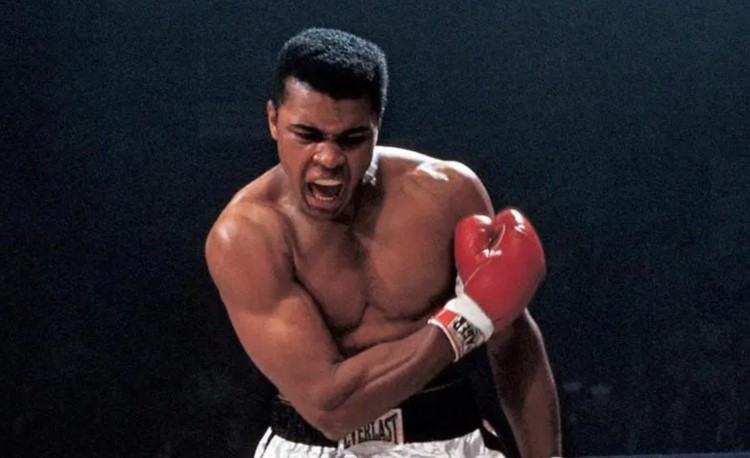
Your ’Kaupapa’
Without a stated objective, you don’t know if you are getting anywhere. The theme helps define what is called your ’Why?’ - or, in Māori culture, your ’Kaupapa’.
Applying this to our 2017 Super Rugby campaign, we used Muhammad Ali first. He provided timeframes between fights.
Then in 2018, since we had won in 2017, we were looking for back-to-back themes. We partnered with Melbourne Storm, an Australian Rugby League side, who had the same conceptual relevance of trying to win a title the following year.
We also took on the theme of a storm. We talked about how it builds.
Each day we nominated a player for ’effort of the day’. Their prize was a weather station, because we said their performance had that ability to understand the weather.
At the end of the year, we got it mounted and it turned into this grandiose trophy. It all backed up, matched and mirrored on itself.
The goal is never the end
Crucially, the goal is not the end of the story.
With Everest, the goal is not necessarily just about getting to the summit - it is about the performance along the way.
You have to understand the intricacies of the climb, the challenges, the moments. We should ask ourselves: "Did what we did today help us climb this mountain?".
Factors out of our control can prevent success. Some of the best-prepared missions to climb a mountain are thwarted by the weather or injury. It is the same in rugby.
The themes are about your effort and your intent. It is not about your outcome. It might provide the outcome but, realistically, it’s the inspirational aspects of that climb.
We know where we need to concentrate our energy the most. In the case of Everest, it’s the last ascent where the air is thinnest. At base camp, we’re preparing for that climb.
Each stage is where we have a mission.
For example, we used the Muhammad Ali and boxing analogy when we played the Chiefs, the Super Rugby franchise in Hamilton.
Their crowd is very noisy and loves to ring cowbells. We said we wanted to silence the bells.
"Without a stated objective, you don’t know if you are getting anywhere..."
If you apply enough pressure, eventually, they either shut up, or you are so intent on applying that pressure you don’t hear the bells.
A legacy theme changed our thinking
There was an exciting outcome from our 2021 season. We were facing the challenge of trying to win five consecutive titles.
We started talking about our legacy. We talked about a trademark being attached to a company and wanted a meaningful trademark for our management and coaching group.
With 25 people in the exercise, we defined our trademark as ’a highly collaborative group of experts who care deeply for the team’. We presented this in our next management meeting, and, while it was agreed on, we had a moment of clarity.
How can we say we care deeply for the team when all of us care in different ways? How can we say we are highly collaborative when we haven’t even checked if we are? How can we call ourselves a group of experts when in the room we said: "We’re not all experts, though we might provide expertise"?
We split off into subgroups and, after five weeks, presented exactly the same trademark, saying: This is what we will hear, this is what we will see and this is what we will feel, if we care. And, if we collaborate, this is what we will see, hear and feel.
That was then our trademark because, in all our actions and behaviours, we can think, "Is that about care?". If it wasn’t, we need to amend that action or behaviour.
For example, if you tell your players they must work harder, have you, to that point, inspired the players to put in more effort?
Using language is not about ticking a box. If it isn’t authentic, there is no point in having the word on a sign or in a trademark.
Shane is a tutor on Crusaders’ Leadership Programme. The intense three-week course gives you a crucial insight into how the world’s most successful club team functions, with interviews and live sessions with their top coaching staff. To find out more, and enjoy an exclusive RCW subscriber discount, CLICK HERE
Related Files
Newsletter Sign Up
Coaches Testimonials

Gerald Kearney, Downtown Las Vegas Soccer Club

Paul Butler, Florida, USA

Rick Shields, Springboro, USA

Tony Green, Pierrefonds Titans, Quebec, Canada
Subscribe Today
Be a more effective, more successful rugby coach
In a recent survey 89% of subscribers said Rugby Coach Weekly makes them more confident, 91% said Rugby Coach Weekly makes them a more effective coach and 93% said Rugby Coach Weekly makes them more inspired.
Get Weekly Inspiration
All the latest techniques and approaches
Rugby Coach Weekly offers proven and easy to use rugby drills, coaching sessions, practice plans, small-sided games, warm-ups, training tips and advice.
We've been at the cutting edge of rugby coaching since we launched in 2005, creating resources for the grassroots youth coach, following best practice from around the world and insights from the professional game.
